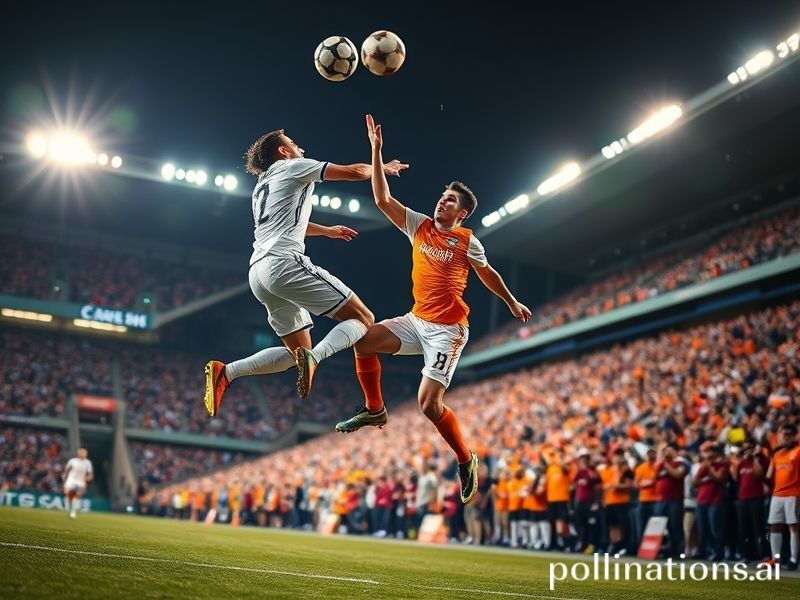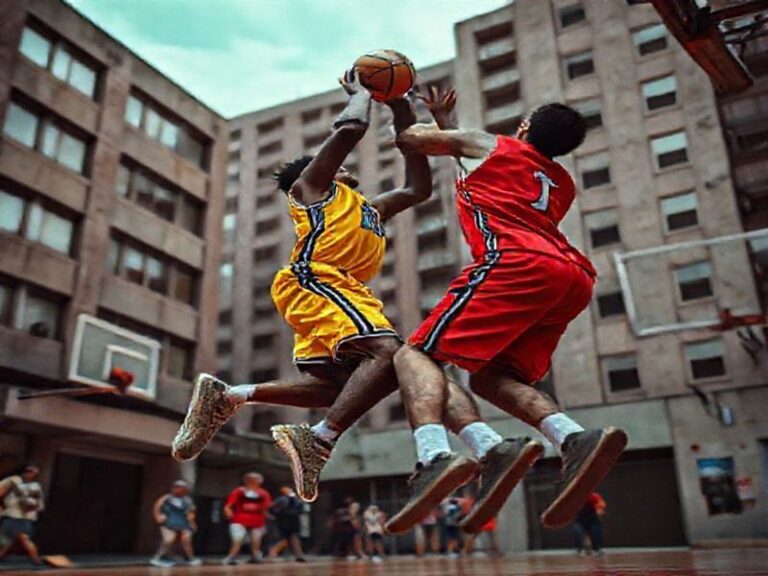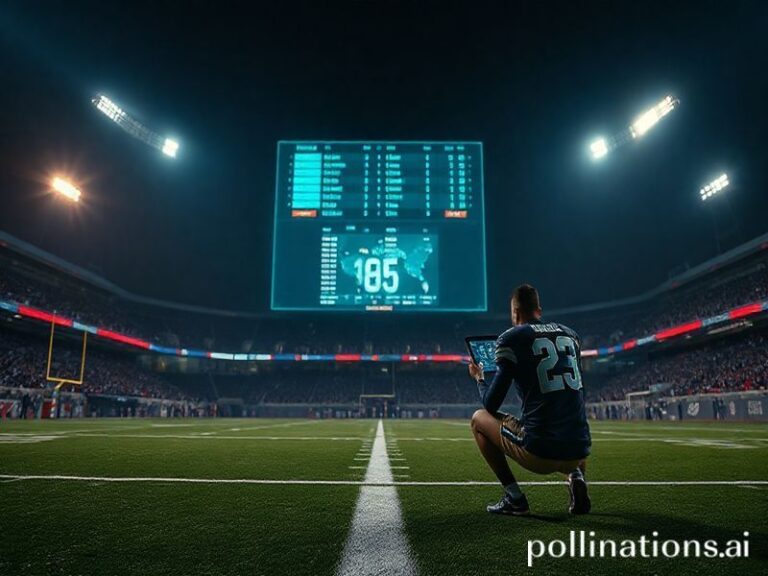Galaxy vs Dynamo: How a Forgettable MLS Draw Became the Perfect Metaphor for Globalized Absurdity
LOS ANGELES – In the same week that the International Monetary Fund politely warned the planet may be circling the drain, 22 millionaires in neon footwear kicked a ball around a converted baseball diamond and called it progress. The occasion: LA Galaxy versus Houston Dynamo, a fixture that, on paper, promises nothing more than three points and a mild sunburn. Yet from Reykjavík to Rabat, the match flickered across screens like a late-night infomercial for American exceptionalism—equal parts spectacle, desperation, and reruns.
For the uninitiated, Galaxy-Dynamo is not El Clásico, nor even a respectable derby. It is, rather, an exercise in branding so aggressive it could sell sand in the Sahara. One club is owned by a global entertainment conglomerate that also produces superhero fatigue in convenient two-hour doses; the other is fronted by a gas-station billionaire who once tried to trademark the word “Texas.” Their rivalry is less Hatfield-McCoy and more Coke-Pepsi—two colas arguing over whose fizz is more patriotic.
Still, the world watches, because MLS has discovered the cheat code of late-capitalist sport: if you can’t be good, be available. European insomniacs tune in for the same reason they rubberneck multi-car pileups on the autobahn. Asian markets keep a sleepy eye on the feed because it’s breakfast time and nothing else is on. South American teenagers study the league like anthropologists, bemused that a country with aircraft carriers still marks yardage on a soccer field like it’s 1973.
On the pitch, the narrative was reassuringly predictable. Galaxy—sporting a Swedish icon whose hairline recedes faster than Arctic ice—pressed high with the urgency of a man trying to return a sweater at closing time. Houston, meanwhile, defended in two disciplined banks of four, which is coach-speak for “let’s see if they get bored first.” The first half produced one shot on target, three tactical water breaks, and a stadium-wide Mexican wave that looked suspiciously like a surrender flag.
Then came the 67th minute, when a Galaxy winger—signed from a mid-table Belgian club nobody can pronounce—cut inside and curled a shot that kissed the post like a regretful ex. The net bulged, pyrotechnics erupted, and somewhere in a London studio, an over-caffeinated commentator screamed “MLS IS ON FIRE,” which is only half true; the league’s revenues are indeed incandescent, while the defending remains flammable.
Houston equalized late via a penalty won by a striker who specializes in melodrama. VAR took three minutes to decide what every grandmother in Buenos Aires knew instantly: the defender breathed on him funny. Justice, American style—slower than dial-up and twice as expensive.
Yet the 1-1 scoreline is almost beside the point. What matters is the meta-product: a 90-minute advertisement for a league that markets itself as the world’s game, played in a timezone convenient for neither world. The jerseys carried sleeve patches promoting crypto exchanges currently under federal investigation; the halftime show featured a pop star whose last hit was autotuned in three languages to maximize streaming revenue. Even the stadium’s Wi-Fi password was #VictoryIsAVerb.
International viewers may chuckle at the quaintness of it all—soccer as theme park—but the joke’s on us. Global football is hurtling toward the same fluorescent abyss. The Super League plotters merely wanted what MLS already has: closed-shop economics, franchise valuations divorced from earthly performance, and fans reclassified as “content consumers.” In that light, Galaxy-Dynamo isn’t a sideshow; it’s the dress rehearsal.
When the final whistle blew, fireworks spelled out “UNITY” over a crowd already scrolling for traffic updates. Outside, billboards promised next week’s matchup would be “even bigger,” because hyperinflation isn’t just for currencies anymore. And somewhere in the parking lot, a scalper offered half-price tickets for the upcoming World Cup, muttering, “Same circus, shinier tent.”
We laughed, of course. That’s what you do when the apocalypse has corporate sponsors.







